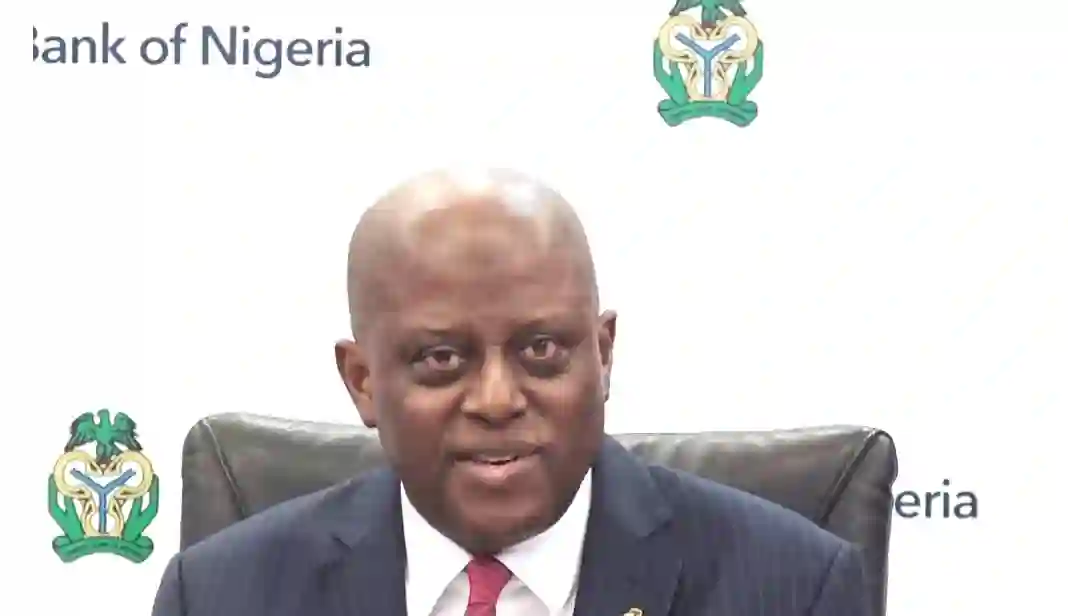The Central Bank of Nigeria, CBN, has been dragged to a Federal High court in Lagos by the Socio-Economic Rights and Accountability Project, SERAP, to account for over N115 billion.
The amount, the human rights body said , include the N100 billion dirty notes kept in various branches of the apex bank that have yet to be accounted for since 2007.
The dirty notes were supposed to have been destroyed, according to SERAP citing the Auditor General of the Federation, but may have been released into circulation by some corrupt CBN officials,
The suit filed at the weekend by SERAP lawyer, Kolawole Oluwadare, also demanded accountability from the CBN of the N7.2 billion meant for the construction of the CBN Dutse branch building in 2010 and the N4.8bn meant for the renovation of the CBN Abeokuta branch in 2009.
SERAP prayer to the court also include an order on the CBN to explain an allegedly missing outstanding loan of N1.2 billion granted to the Enugu State government in 2015, and the exceptional loan of N1.9 billion granted to the Anambra state government between 2015 and 2016.
Nigerians must know what has happened to these funds, the body said.
The group said whoever is found to have been responsible for the alleged missing funds should be punished in line with the law to serve as deterrent to others who might want to tamper with public funds, insisting that the missing fund must also be recovered.
According to SERAP, the alleged sleaze has also hindered the CBN from performing its statutory duty, adding that the apex bank’s operation must be operated with transparency and accountability, noting that the allegation has undermined the country’s anti-corruption act.
Part of the statement said: “Nigerians have the right to know where the public funds are. Granting the reliefs sought would advance the right of Nigerians to restitution, compensation, and guarantee of non-repetition.
“Paragraph 708 of the Financial Regulations 2009 provides that, ‘on no account should payment be made for services not yet performed or for goods not yet supplied.
“Section 35(2) of the Public Procurement Act 2007 provides that, ‘once a mobilisation fee has been paid to any supplier or contractor, no further payment shall be made to the supplier or contractor without an interim performance certificate.
“Section 16(6) of the Public Procurement Act states that ‘all bidders shall possess the necessary professional and technical qualifications to carry out particular procurements; the financial capacity and adequate personnel to perform the obligations of the procurement contracts.
“SERAP notes that Section 15(5) of the Nigerian Constitution requires public institutions to abolish all corrupt practices and abuses of power.” Section 13 of the Constitution clearly imposes a responsibility on the CBN to conform to, observe, and apply the provisions of Chapter 2 of the Constitution.
“Paragraph 3112(ii) of the Financial Regulations 2009 provides that, ‘Where a public officer fails to account for government revenue, such officer shall be surcharged for the total amount involved and handed over to either the Economic and Financial Crimes Commission (EFCC) or the Independent Corrupt Practices and Other Related Offences Commission (ICPC).
“Nigeria has made legally binding commitments under the UN Convention against Corruption to ensure accountability in the management of public resources. Articles 5 and 9 of the UN Convention against Corruption also impose legal obligations on the CBN to ensure proper public affairs and public funds management.
“The Nigerian Constitution, Freedom of Information Act, and the country’s anti-corruption and human rights obligations rest on the principle that citizens should have access to information regarding their public institutions’ activities.
“According to the recently published 2020 audited report by the Auditor General of the Federation (AGF), the Central Bank of Nigeria (CBN) has been keeping over N100 billion [N100,672,999,000.00] ‘dirty and bad notes’ since 2017 and another large sum of cash awaiting examination in various branches of the CBN,” SERAP said.
Discover more from The Source
Subscribe to get the latest posts sent to your email.








